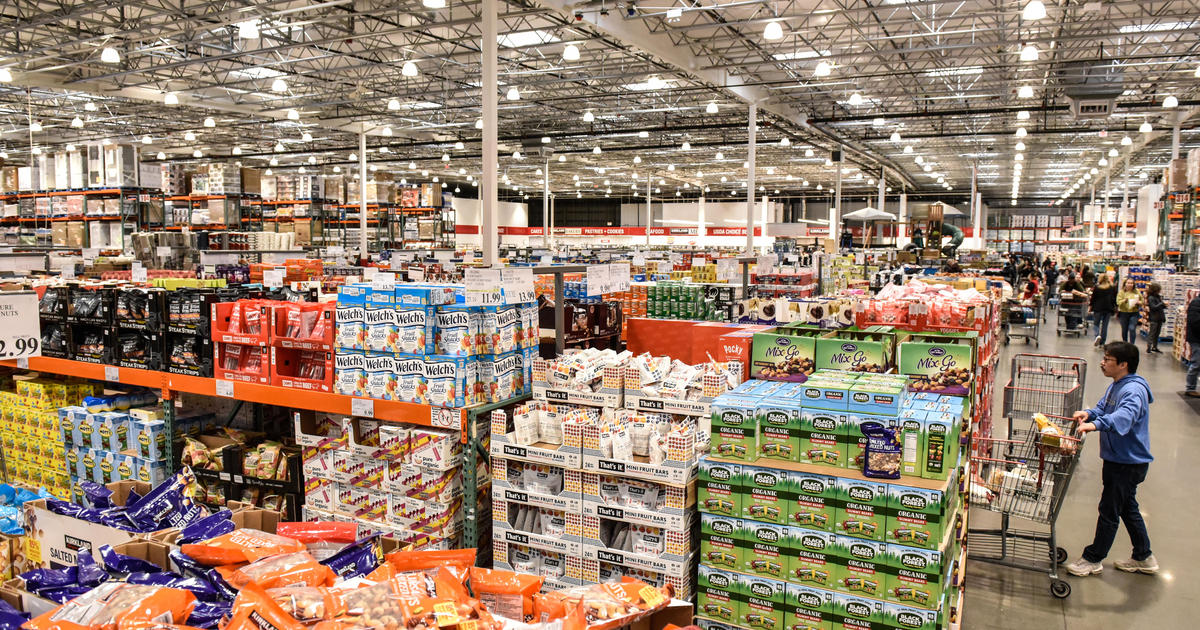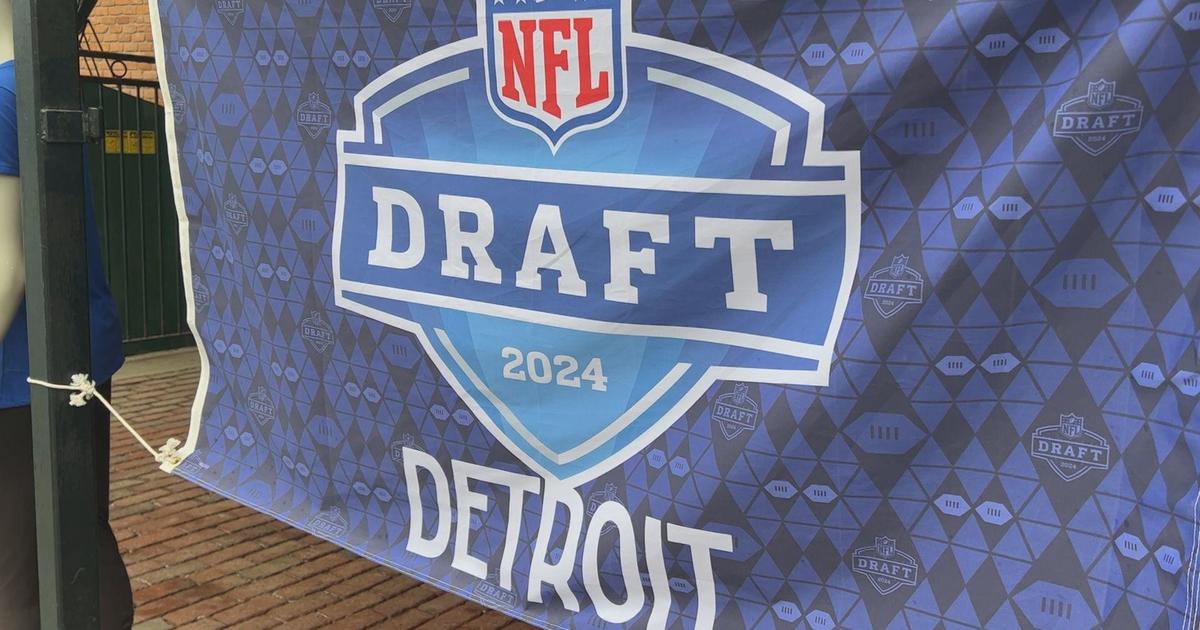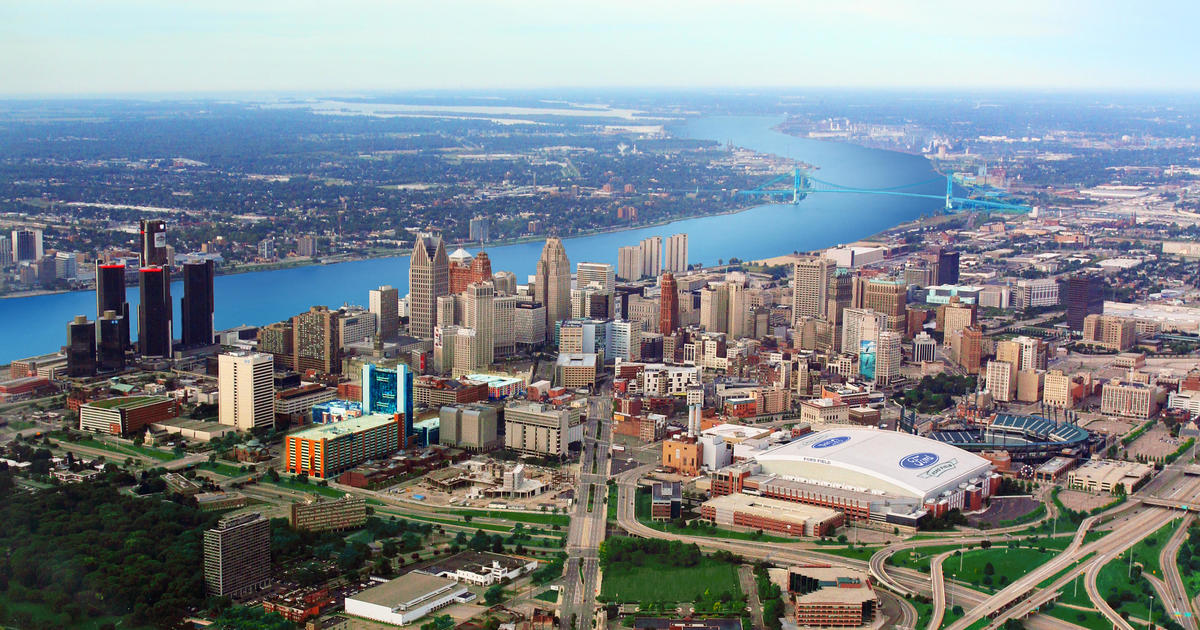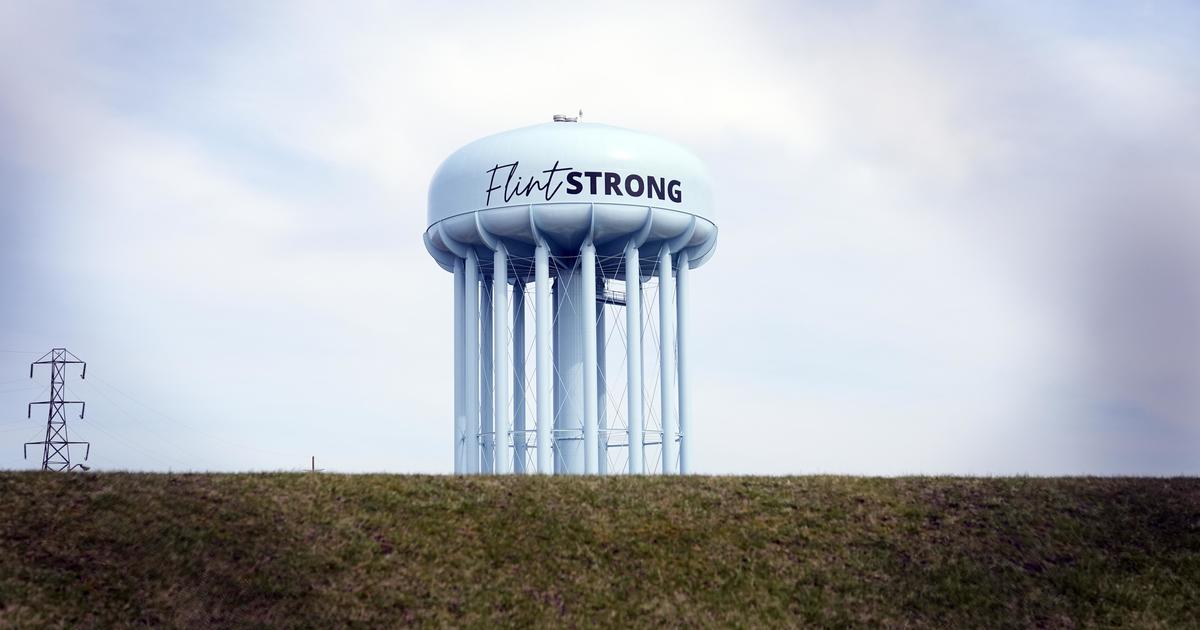Prison Inmates To Go On Nationwide Strike
The strike is timed to begin on the anniversary of the killing of jailed African American activist and inmate George Jackson. He was killed by a guard in 1971 after taking guards and two inmates hostage in a bid to escape from San Quentin State Prison in California.
The final day of the strike — Sept. 9 — also carries symbolism. That's the day in 1971 that the Attica Prison riots in New York began, eventually leaving over 40 people dead when police stormed in to re-take the facility.
Prisoners leading the protests say the strike is aimed at ending what they call "modern-day slavery." Inmates complain they are paid pennies on the dollar per hour for labor.
The event is spearheaded by Jailhouse Lawyers Speak, a network of imprisoned prisoner rights advocates based out of Lee Correctional Institution in South Carolina and supported by the Incarcerated Workers Organizing Committee (IWOC), a prisoner-led trade group.
Inmates plan to abstain from reporting to their assigned jobs, halt commissary spending, hold peaceful sit-in protests and refuse to eat during the strike.
"Prisoner participation depends on their location and privilege status," said Amani Sawari, a prison reform activist and spokesperson for the strike. "If inmates are working they can suffocate the prison industrial complex by reducing their spending. In some detention facilities, prisoners may not be working so they might do a sit-in. It all depends."
The call for action comes as a response to a prison riot that took place in Lee Correctional Institution in South Carolina in April of this year, resulting in the death of 7 inmates and injuring of over a dozen others. Inmates posted videos on social media showing the aftermath at the budget-strapped prison.
"Initially a strike was planned for 2019, but the Lee prisoners wanted a now-response. We want to make sure that things like this don't happen in the future," said Sawari.
The prisoners released a list of 10 demands on the IWOC website that include, in part, the immediate improvement of prison policies, an increase in prisoner wages and rescinding laws that prevent imprisoned persons from having a chance at parole. The inmates also call for more rehabilitation services and voting rights.
Prisons in at least 17 states are expected to participate in the two-week protests, according to Sawari, with a majority of them located in the South and West Coast.
On Aug. 21, U.S. cities participating include Seattle, Washington; Portland, Oregon; Sacramento, California; San Jose, California; Corona, California; Los Angeles; Phoenix; Omaha, Nebraska; San Antonio, Texas; Asheville, North Carolina; Black Mountain, North Carolina; Atlanta; Fort Lauderdale, Florida; Des Moines, Iowa; Chicago; Columbus, Ohio; Minneapolis; Philadelphia; Boston; and Brooklyn, New York.
Experts say that there is a chance that the protest may drive change in some detention centers.
"If the strike is widespread enough, it could be effective," said Lea Johnson, Professor of Law at the University of Florida Levin College of Law. "These circumstances like poor labor conditions, poor prison conditions, unpaid labor, and lack of access to mental health treatment exist seemingly behind closed doors. By going on a national strike, you pull back the curtain and it can force legislators to act."
© 2018 CBS Broadcasting Inc. All Rights Reserved. VIA CBS19. This material may not be published, broadcast, rewritten, or redistributed. USA Today contributed to this report.



